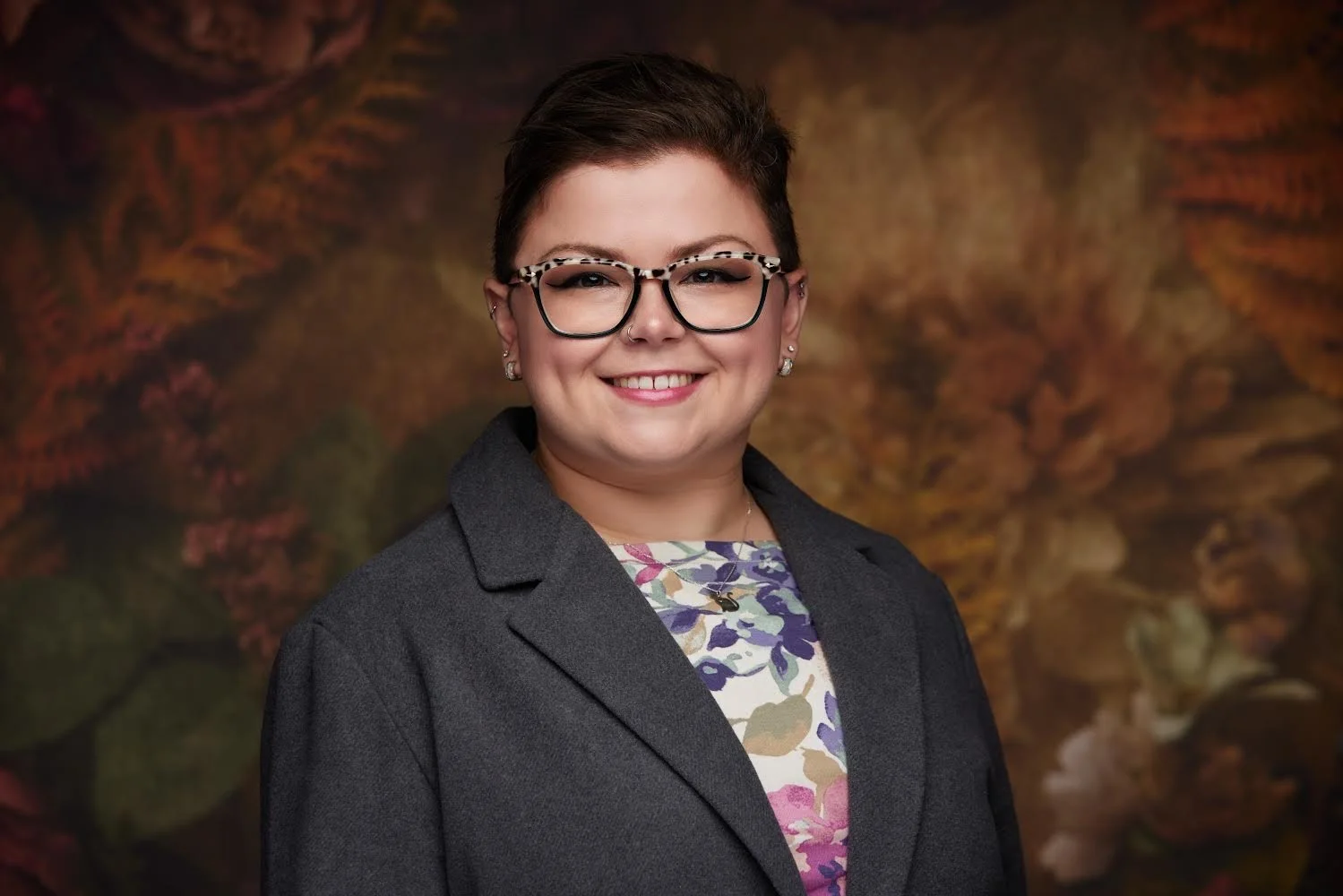Bodily Autonomy Is Justice: Who Gets to Decide?
By Hanz Dismer
October is Domestic Violence Awareness Month, and while many of us focus on the epidemic of intimate partner violence, we must also recognize another kind of violence that influences intimate partner violence: systemic violence. Systemic violence, or institutional violence, occurs when laws and institutions strip people of the ability to make decisions about their lives and bodies, to exercise their basic human rights.
Violence is about power and control. And when the state denies emergency abortion care, forces people into pregnancy, or criminalizes providers, that too is violence. It removes autonomy, dignity, and self-determination. What does freedom truly mean if we cannot make the most basic decisions about our health and futures?
As a clinical social worker and Director of Psychosocial Services at an independent abortion clinic in the St. Louis Metro East in Illinois, I see this reality every day. Our clinic serves people from across the country, often traveling hundreds of miles because their own states have banned care. Many of the patients we serve are already navigating crises, coercion, or abuse, and on top of that, lawmakers tell them they cannot decide what is best for their own lives.
I also provide therapy for transgender and non-binary teens and adults, another community under constant attack. The connection between abortion bans and restrictions on gender-affirming care is clear. Both are about controlling bodies, erasing identities, and deciding whose lives are worth protecting.
The consequences are not abstract, they are lived and often devastating. In Georgia, Adriana Smith, a 31-year-old nurse and mother, was declared brain dead just eight weeks into her pregnancy. Because of the state’s abortion ban, her family was denied the right to make end-of-life decisions. Doctors maintained life support for months in an effort to sustain her pregnancy, compelling her young son to watch as his mother was treated as an incubator. Her story is a haunting reminder of the consequences when laws elevate control above human dignity.
This kind of cruelty is mirrored in restrictions on transgender healthcare. In June 2025, the U.S. Supreme Court upheld Tennessee’s law banning certain gender-affirming medical treatments for minors. The ruling gives states the power to block evidence-based care for transgender youth, even though the same treatments remain available to cisgender patients. Such policies inflict real harm, sending the message that some lives are less deserving of care.
None of this is new. Our country has a long history of reproductive oppression, from the abuse of enslaved Black women, to coerced sterilization of Puerto Rican women, incarcerated women and disabled women, to the policing of Indigenous families, to the erasure of queer and trans people. Today’s struggles are part of that same legacy of control.
So I ask, if bodily autonomy can be taken from some of us, what does that mean for all of us? Who benefits when rights are stripped away, and who is harmed? Justice cannot only exist for those who already hold the most power. If we care about intimate partner violence, we must also care about the systems that create harm by denying people control over their own bodies and lives.
These fights are not just about policy. They are about the kind of society we want to live in. Do we value freedom, dignity, and equality for everyone, or do we accept a system that silences, erases, and punishes people for simply existing?
Silence is not neutral. Silence is complicity. My challenge to all of us is to speak up, to have difficult conversations, and to question the systems that harm the most vulnerable. Because when bodily autonomy is under attack, everyone’s freedom is at risk.
Watch my TEDxStLouis September 2024 talk: Why we need trauma-informed reproductive healthcare.
About this piece
This October thought leadership article is part of the TEDxStLouis Speaker Spotlight Series, which highlights St. Louis speakers and their latest projects, ideas, and sources of inspiration. Join us for our next live event on Saturday, May 30, 2026, at the Missouri History Museum, where local thought leaders will share bold ideas that inspire action and challenge us to see the world differently. Stay connected by following TEDxStLouis on social media, joining our email list, and exploring ways to get involved at tedxsaintlouis.org.
About Hanz Dismer
Hanz Dismer is a clinical social worker and therapist who serves as Director of Psychosocial Services at Hope Clinic, an independent abortion provider in the St. Louis Metro East, providing counseling, crisis response, and education for people seeking abortion care. Hanz also provides therapy for transgender and non-binary individuals, supports survivors of violence, teaches undergraduate students, trains aspiring social workers and advocates for reproductive justice.

